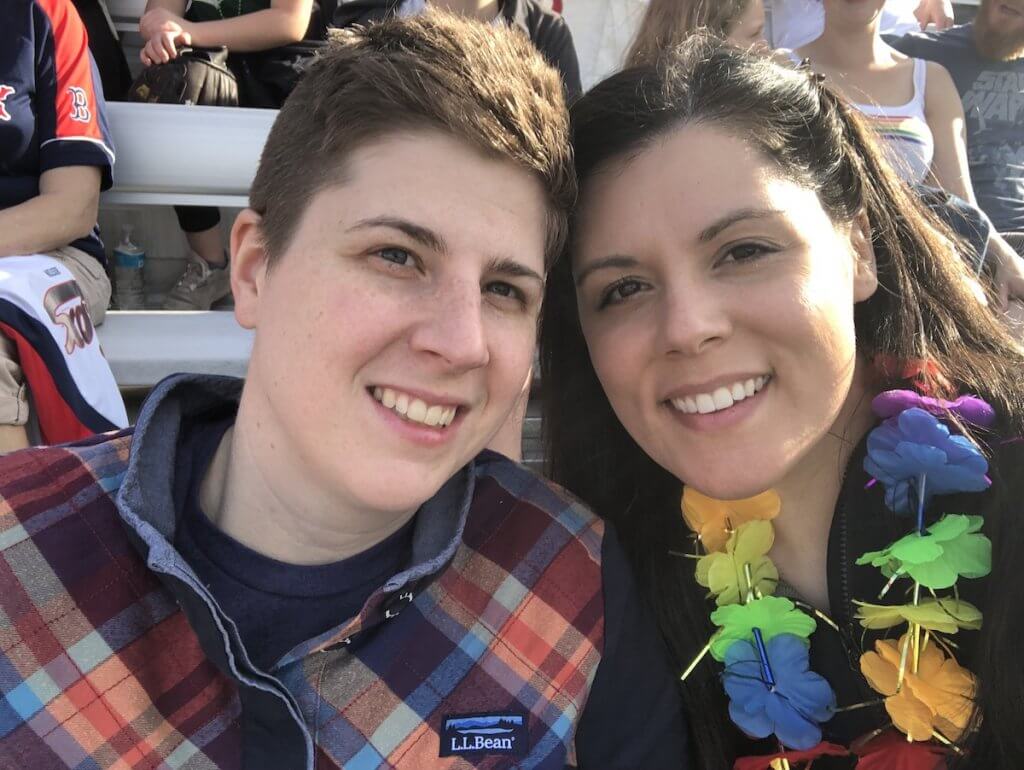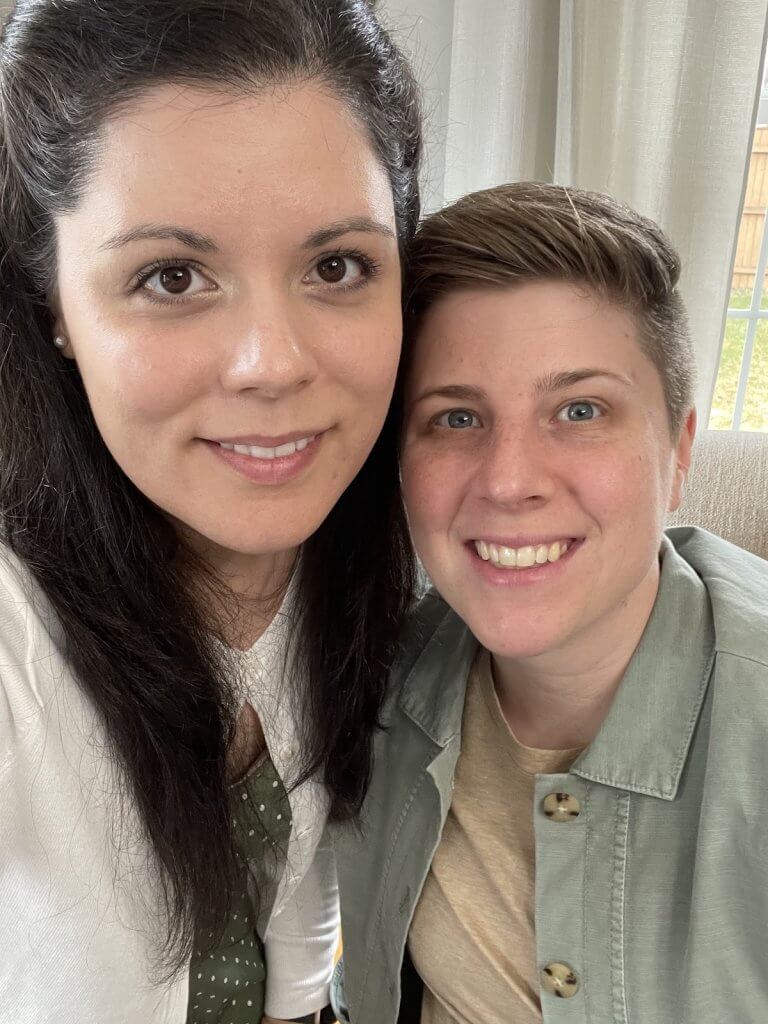By Tara Baysol
As my wife and I get ready to celebrate our 10-year wedding anniversary, I have been reflecting on the amazing journey we have had since tying the knot in 2011. While the decade has been filled with incredible love and exciting adventures, a significant part of our journey has also included navigating life with cancer.
Two years into our marriage, I was diagnosed with brain cancer and learned shortly thereafter that I also have a genetic mutation that may put me at higher risk for developing multiple primary cancers. Since that time, I have had several tumor findings that have required surgeries, including a craniotomy, bilateral mastectomy, total hysterectomy, and bilateral salpingectomy. In fact, as I write this, I’m preparing for another surgery to remove a new mass that has developed — this time in my hand.

I’m so proud of what my wife and I have overcome to get to where we are today. On top of facing the physical and emotional impacts of cancer, we have also faced additional layers of vulnerability and fear that come from being a same-sex couple. We have experienced moments of intolerance and insensitivity, things that many LGBTQ+ people within the healthcare system have faced. At times, the desire to avoid discrimination has led to many moments of not wanting to continue trying to seek care.
Ultimately, though, I’ve gotten through these darker times by trusting in my own self-worth as a proud cisgender femme lesbian cancer-fighter, with a lot of love to give and life to experience — as well as an incredible support system.
The importance of allyship
In addition to having a great support system within the lesbian community, a crucial part of our puzzle has been our straight allies. They have met us with open hearts, open minds, and a willingness to be supportive and present. Some have created safe spaces for us to be authentically ourselves as we received and processed challenging news with every new test and lab result.

A commitment to inclusion and diversity is an essential part of ensuring quality medical care and access. When people feel alienated or disrespected during health care encounters, they are less likely to seek, advocate, and follow through on care. Every nurse, medical assistant, receptionist and provider who wears a pride pin or sticker on their badge at Dana-Farber has been a beacon of hope to us: To us, that signals safety and understanding. Every cisgender person who has introduced themselves with their pronouns, or includes it in their email signature, is normalizing not making assumptions about me or my cisgender butch wife’s gender identity.
In addition to these small yet meaningful acts of allyship, the most supportive moments for us have come from speaking with ally healthcare providers who seem to understand that LGBTQ+ people take risks every time they come out to a new provider or medical team. These ally providers and staff honor the information we entrust them with and recognize the risks we take in sharing that information with them.
My wife and I would not be where we are today with my cancer journey if it wasn’t for the allies in healthcare, and at Dana-Farber, who provided a supportive presence and helped center the voices of LGBTQ+ patients in the fight for a safer and fairer healthcare system. I am hopeful that people will continue stepping up as allies to our amazing community.
If you would like to become an informed ally to the LGBTQ community, consider exploring PFLAG’s Straight to Equality project. This project provides resources to allies on their journey to support.
